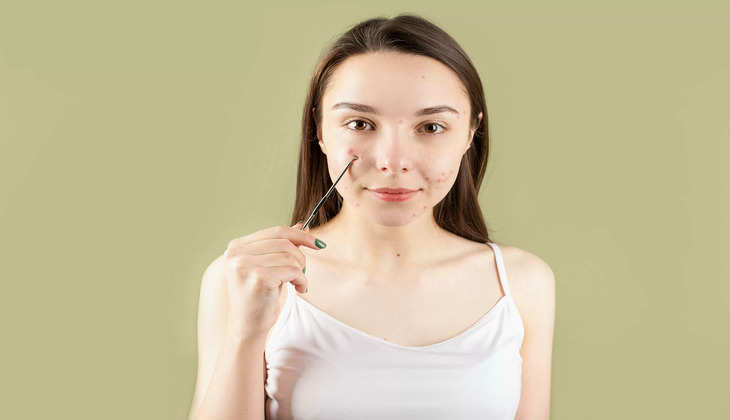How To Reduce Acne...

Reducing acne involves a combination of skincare practices, lifestyle changes, and sometimes medical treatments. Here are some effective strategies to help reduce acne:
-
Cleanse Regularly: Wash your face twice daily with a gentle cleanser to remove excess oil, dirt, and dead skin cells that can clog pores and contribute to acne breakouts. Avoid harsh scrubbing or using abrasive products that can irritate the skin.
-
Use Non-Comedogenic Products: Choose skincare and cosmetic products labeled as "non-comedogenic" or "oil-free," as these are less likely to clog pores and exacerbate acne. Look for products with ingredients like salicylic acid or benzoyl peroxide, which can help treat acne.
-
Moisturize: Use a lightweight, oil-free moisturizer to keep your skin hydrated without clogging pores. Moisturizing helps maintain the skin's natural barrier and can prevent excessive dryness, which can trigger increased oil production and acne flare-ups.
-
Avoid Touching Your Face: Avoid touching or picking at your acne lesions, as this can worsen inflammation, spread bacteria, and increase the risk of scarring. Keep your hands away from your face as much as possible to prevent further irritation.
-
Limit Makeup Use: If you wear makeup, choose products that are non-comedogenic and oil-free, and remove makeup thoroughly before bedtime. Limiting makeup use or opting for lighter formulations can help minimize pore clogging and reduce acne breakouts.
-
Practice Sun Protection: Protect your skin from the sun's harmful UV rays by wearing a broad-spectrum sunscreen with an SPF of 30 or higher daily. Sunscreen helps prevent sun damage and inflammation, which can worsen acne and lead to post-inflammatory hyperpigmentation.
-
Maintain a Healthy Diet: Eat a balanced diet rich in fruits, vegetables, whole grains, and lean proteins, and limit your intake of processed foods, sugary snacks, and greasy or fried foods. Some studies suggest that certain dietary factors, such as dairy and high-glycemic foods, may contribute to acne in some individuals.
-
Manage Stress: Practice stress-reduction techniques such as mindfulness meditation, deep breathing exercises, yoga, or regular physical activity to help manage stress levels. Chronic stress can trigger hormonal changes that may exacerbate acne, so finding healthy ways to cope with stress is important for overall skin health.
-
Stay Hydrated: Drink plenty of water throughout the day to stay hydrated and support overall skin health. Proper hydration helps maintain skin elasticity, promotes cell turnover, and flushes out toxins, which can help reduce acne breakouts.
-
Consult a Dermatologist: If over-the-counter acne treatments are not effective in reducing your acne or if you have severe or persistent acne, consider consulting a dermatologist. A dermatologist can assess your skin condition, recommend appropriate treatments, and prescribe medications such as topical retinoids, oral antibiotics, or hormonal therapies to help manage acne effectively.
By incorporating these skincare practices, lifestyle changes, and seeking appropriate medical treatments when necessary, you can help reduce acne and achieve clearer, healthier-looking skin.
